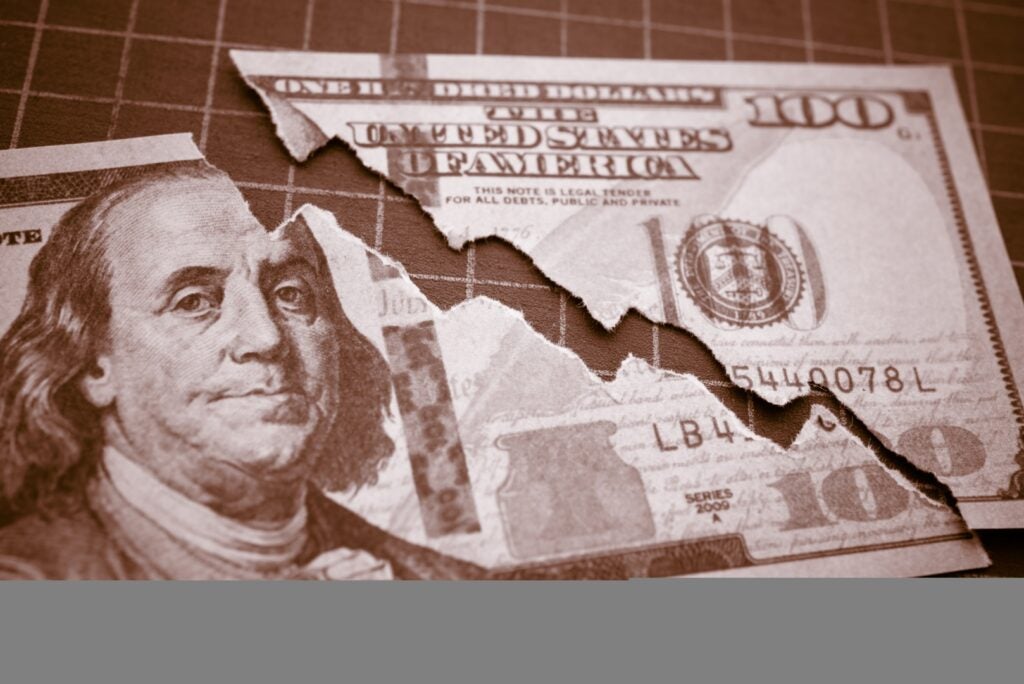
Major brokerages have gone back on their U.S. recession forecasts after a 90-day tariff pause between U.S. and China.
What Happened: Goldman Sachs reduced its U.S. recession odds from 45% to 35%, and Barclays ruled out a recession completely. J.P. Morgan now predicts the likelihood at less than 50%, according to Reuters.
The revised predictions come after both countries agreed to reduce tariffs: the U.S. dropped its duties on Chinese imports from 145% to 30%, and China lowered its rates on U.S. goods from 125% to 10%.
Goldman also raised its 2025 GDP forecast by 0.5 points to 1%. It now projects three Fed rate cuts: one in December 2025, and two more in March and June 2026. Goldman had earlier predicted all three cuts in 2025 beginning from July.
Barclays and J.P. Morgan also now expect a single rate cut, both in December.
Citigroup changed its expected cut from June to July.
In addition, Goldman lifted its S&P 500 year-end target from 5,900 to 6,100, referring to lower tariff risks.
See Also: Trump Memecoin Adopted By China-Linked Nasdaq Company As Treasury Reserve Asset
Why It Matters: While these major brokerage firms have walked back on their recession predictions after the 90-day pause announcement, analysts like Jim Cramer believe that “steady drip of trade deals” are crucial to boost the market and allay fears of a recession.
Google searches for “Are we in a recession” have increased to their second-highest level ever, indicating growing public anxiety over the state of the U.S. economy.
Meanwhile, despite coming to a tariff pause agreement with the U.S., China is holding firm in its stance against coercion, with President Xi Jinping saying, “There are no winners in tariff wars and trade wars,” and that, “bullying and hegemony will only result in self-isolation,” obtusely referring to the U.S.
Read Next:
Image Via Shutterstock
